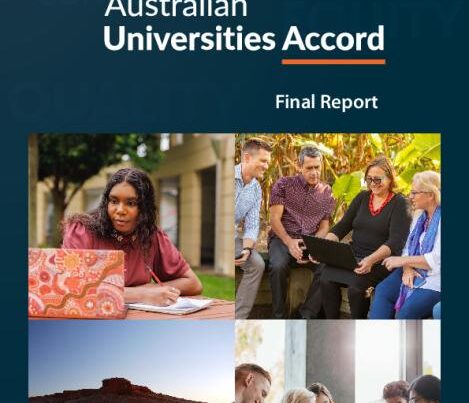Last Thursday, the National Education Opportunities Network (NEON), launched ‘The Equity Crisis Report’. Purposely released on World Access to Higher Education Day, the report focuses on the equity of access and success in Higher Education. Included is data on HE participation from 80 organizations in over 50 countries. Author of the report, Professor Graeme Atherton of the University of West London reveals a stark outlook for equitable access in Higher Education.
Equitable access in Higher Education refers to the participation of students from minority or disadvantaged backgrounds.
Results from the report highlighted how inequalities in Higher Education had been worsened by the recent pandemic. There has been lower participation, more drop-outs, and poorer degree results. This is as well as a reduced likelihood of getting a job after graduation for affected equity groups. The report also concluded that the UNESCO Global Goal of equal access to education for all by 2030, was highly unlikely.
According to many participants, the issue may only get worse as the gap between student groups continues to widen. Around 90% of respondents felt that between now and 2025, just five years off UNESCO’s goal, equity group’s participation will decrease, and attainment and retention will fall.

Who is Responsible?
Responsibility for the crisis must be shared between global organizations, national governments, and individual universities. Global organizations such as the World Access to Higher Education Network (WAHEN) are helping progress towards improving access and success. However, they are struggling to advance without the support of governments and universities.
Recent data has shown that out of 71 countries, only 40% have established or advanced equity policies and strategies. For universities, the Equity Crisis report found that only 30% of participants made significant commitments to increase outreach to equity groups during the pandemic. This highlights where governments and universities need to do more in the battle for equity in student success.
Looking Forward
Calling attention to the necessary changes, Atherton encourages all universities to commit to investing at least 5% of their annual income in equitable access and success work. For governments, they should invest at least 5% of their higher education spend by 2030. Atherton also calls for a more holistic approach to equitable access, one that is multi-faceted and connected. Institutions should use evidence-based reforms and data analytics to ensure greater student success.
The review acknowledges that many universities, organizations and governments have made considerable efforts and changes to improve equitable access. However, more work is needed to continue progress and address declines caused by the pandemic.
For best practices on widening access and success in HE for equity groups, see our Kingston University case-study.








